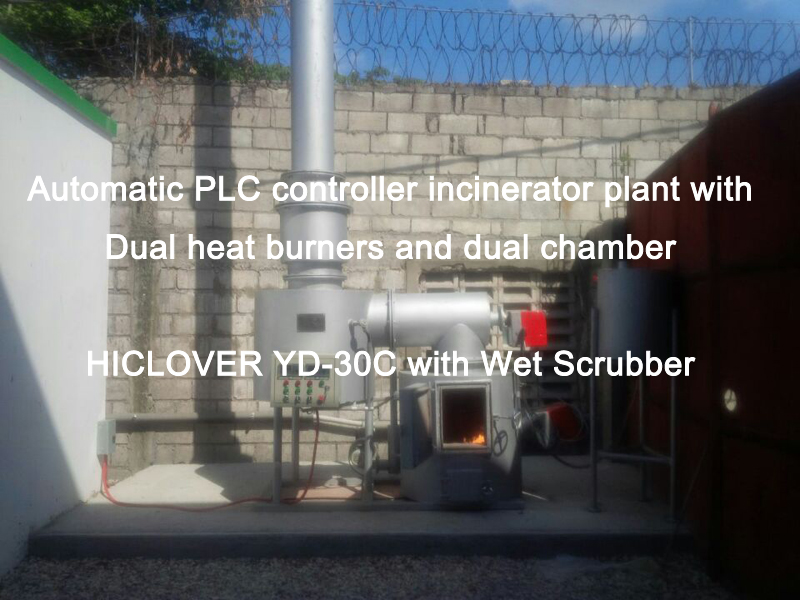Activists in Uganda are calling for immediate action to address the negative effects of clay incinerators on the environment and public health. These activists argue that the widespread use of clay incinerators in brick-making and other industries is contributing to air and water pollution, as well as posing serious health risks to local communities.
Clay incinerators, which are used to fire clay and other materials at high temperatures, are commonly used in Uganda’s brick-making industry. However, the combustion of fuels like wood, coal, or agricultural waste in these incinerators releases harmful pollutants such as particulate matter, sulfur dioxide, nitrogen oxides, and carbon monoxide into the air. These pollutants can have serious health effects, including respiratory problems, cardiovascular disease, and even premature death.
In addition to air pollution, clay incinerators also have negative impacts on water quality. The ash and other waste products from these incinerators can contaminate water sources, leading to waterborne diseases and other health risks for local communities.
Activists are urging the Ugandan government to take action to regulate and monitor the use of clay incinerators to reduce their negative impact on the environment and public health. They are calling for the implementation of stricter emissions standards for brick-making and other industries that use clay incinerators, as well as the enforcement of regulations to ensure that these standards are met.
Furthermore, activists are also advocating for more sustainable alternatives to traditional clay incinerators, such as the use of cleaner-burning fuels or more efficient technologies for firing clay. These alternatives not only have the potential to reduce air and water pollution but also improve the overall efficiency and productivity of the brick-making industry.
In addition to government action, activists are also urging businesses and industries to take responsibility for the environmental and health impacts of their operations. This includes investing in pollution control technologies and practices, as well as promoting sustainable and environmentally friendly production methods.
The negative effects of clay incinerators in Uganda are a serious concern that requires urgent attention and action. By addressing the environmental and health impacts of these incinerators, Uganda can take important steps towards protecting its natural resources and the well-being of its citizens. It is essential that the relevant stakeholders come together to find sustainable solutions to this issue, and ensure that the negative effects of clay incinerators are mitigated.



